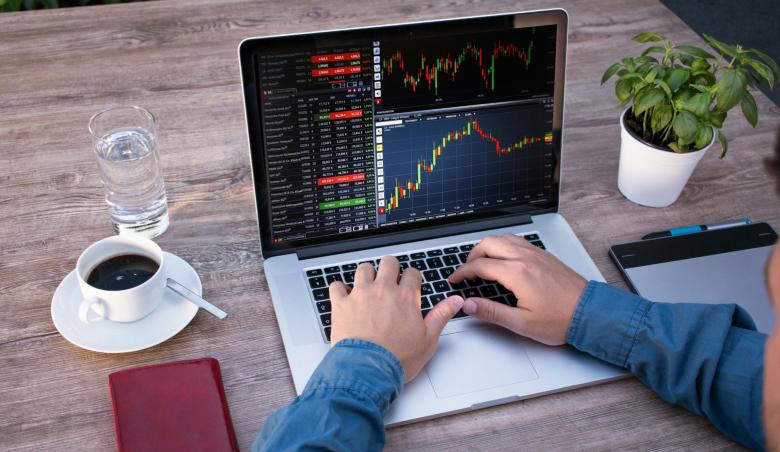
Choosing a forex broker based on your own personal trading needs may seem like it should be an easy decision, but the fact of the matter is there are a lot of options out there. So many in fact that one can become easily confused and overwhelmed with all the information available.
Brokers marketing departments have realised this and have made every attempt to make their product sound as appealing as possible so they can lure you into becoming one of their clients. The problem is that not all brokers are created equally; some offer very little in terms of service or support while others skimp on technology simply because it costs them more money to implement.
Forex trading is a unique kind of investment, and you’ll need to choose your broker wisely. To make sure you’re with the right one, there are several things that every forex trader should take into consideration when registering an account, but it all boils down to three essential features:
- Low spreads for scalping
The spread is the difference between buy and sell prices (ask and bid), which increases the more leverage you use (and thus risk). Thus, it’s important to operate on markets where they are smallest so you can trade with maximum profitability while keeping your losses as minimal as possible.
- Leverage up to 1:1000 or even higher
The best brokers offer trades with maximum leverage up to 1:1000 or even higher. High leverage means you have more chances of winning but, on the other hand, it also increases your risk because losses can be amplified when stop-outs are triggered (used to limit an account’s loss). That’s why you should trade with care and not go crazy over high leverage settings.
- Low minimum deposit requirements
There is absolutely no doubt that you’ll need some sort of starting capital in order to start trading forex – however big or small your balance may be. There are different levels of deposits required for new accounts based on the offered services, spreads, etc., but at least most brokers require a minimum initial investment of $250-$500 which is quite good and affordable for any trader.
The best forex broker usually offer other features as well, such as free data feed, trading platform/software, no slippage on market orders, and customer support with live chats or email addresses provided 24/5; more about that here.
The bottom line is that a good broker will vary on each individual’s needs, but it should at least provide you with low spreads for scalping, maximum leverage of 1:1000, and a commission-free environment.
Besides what has been mentioned above, other aspects can make or break your decision-making process. Whether you’re aware of it or not, all forex traders most likely follow one of two main paths:
opening an account with a forex broker who offers a commission per trade or opening an account with a proprietary forex trading platform, the other type being the ECN). While both of these are legitimate ways to do business, they offer completely different types of services.



